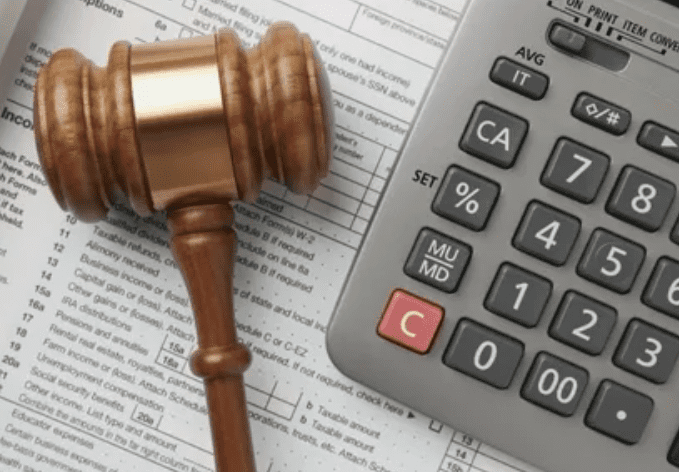A legal confrontation is brewing between the City of Cape Town and civil rights organisation AfriForum, which has confirmed that it will challenge the municipality’s recently introduced “city cleaning levy” in court. The fee, which came into effect on 1 July, has sparked widespread debate over its legality, fairness, and broader implications for municipal taxation across South Africa.
The controversy follows a landmark ruling by the North Gauteng High Court that struck down a similar levy imposed by the City of Tshwane. The court declared Tshwane’s R194-per-month charge “invalid and unlawful” for failing to adhere to key constitutional and municipal legislative requirements.
Now, AfriForum has turned its attention to Cape Town, arguing that the new levy constitutes what it calls
“illegal and unfair double taxation.”
According to the organisation, the city’s actions mirror the same constitutional missteps that led to Tshwane’s court defeat.
Cape Town’s levy, unlike Tshwane’s, is calculated on a sliding scale linked to property valuations and applies to all property owners, regardless of income level. City officials argue that the structure is intended to reflect economic equity and is a cornerstone of what it calls its
“pro-poor budget”
. This approach, the City claims, will help sustain vital public services and fund a projected R40 billion infrastructure investment over the next three years.
Critics, however, remain unconvinced. Prominent voices such as the South African Property Owners Association (SAPOA) and the Cape Town Collective Ratepayers’ Association (CTCRA) have both expressed concern about the lack of legislative backing for the levy. They argue that the fee does not align with principles laid out in the Constitution or the Municipal Systems Act and instead acts as a general revenue instrument without being directly linked to a specific service.
“It is critical that the rule of law, fairness in service delivery, and constitutional accountability are upheld, not just for our city, but for the nation,”
the CTCRA said, warning of a dangerous precedent that could see similar levies implemented in other municipalities.
SAPOA has already initiated a judicial review of the policy, while the CTCRA has indicated its intention to join the legal challenge as amicus curiae — a “friend of the court” — highlighting the growing coalition of resistance to the charge.
AfriForum’s recent success in Tshwane plays a central role in its strategy. The North Gauteng High Court found that the Tshwane levy breached Section 229(1) of the Constitution, which outlines the limits and powers of municipal taxation, and Section 74(1) of the Municipal Systems Act, which governs the principles for service fees.
The judgement in Tshwane may prove to be a critical precedent. AfriForum CEO Kallie Kriel has drawn a direct parallel between the two levies, describing Cape Town’s version as a
“fundraising ploy”
designed to disguise broader fiscal challenges within the municipality.
“The same flawed logic is being used in Cape Town as was used in Tshwane. We will not allow municipalities to introduce unlawful charges under the guise of service improvement,”
said Kriel.
Should the court side with AfriForum and its allies, Cape Town could be compelled to refund affected ratepayers — just as Tshwane was ordered to do. That outcome would not only carry financial implications for the City but could also influence how municipalities nationwide approach future revenue collection efforts.
Despite the pressure, City officials maintain that the levy is essential to closing funding gaps in basic service provision. They insist the charge was implemented with due process and forms part of a broader fiscal strategy to support disadvantaged communities.
Nonetheless, the legal argument hinges on whether the levy serves as a fee for a specific service — as allowed under current law — or operates as a general tax, which would require more robust legislative backing.
For many Cape Town residents and property owners, the central question is not just about money. It is about governance, transparency, and whether municipalities can be held accountable when constitutional boundaries are overstepped.

















